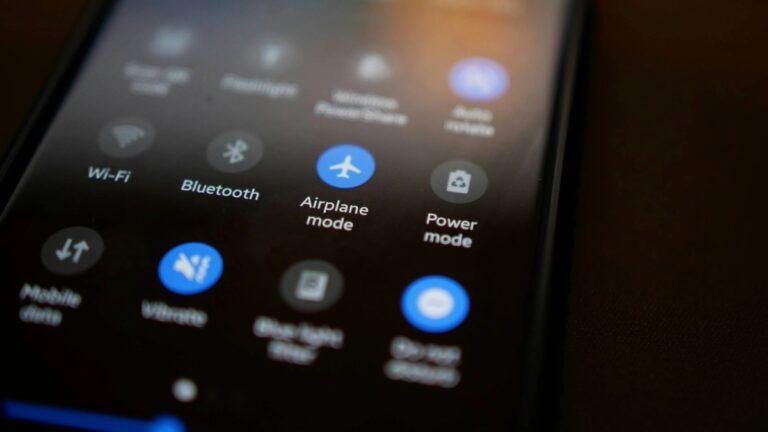In today’s tech-savvy world, our smartphones have become indispensable. From checking emails to navigating through traffic, these devices are constantly by our side. But with all their usefulness, they also carry certain privacy and security risks that many of us might overlook. One simple action you can take to protect your device and your personal data? Turning off your phone’s Wi-Fi when leaving home.
A Simple Yet Crucial Habit
You might be thinking, “Why is this important? I’ve always left my Wi-Fi on.” Well, many people do, assuming it helps them save mobile data or keep connected. But here’s where the issue arises: leaving your Wi-Fi on when you’re out and about can unintentionally compromise your device’s security.
Think about it—how many times have you assumed you were connected to Wi-Fi at home, only to realize later that you were using mobile data instead? It’s an easy mistake, and one that most people don’t give much thought to. But constantly searching for new Wi-Fi networks—whether at a café, gym, or the supermarket—can expose your device to unnecessary security risks.
The Hidden Dangers of Always Searching for Networks
Most smartphones are designed to automatically connect to Wi-Fi networks you’ve used in the past. This seems convenient, right? However, what many don’t realize is that this opens up your device to potential vulnerabilities. When your phone is always on the lookout for networks, it can connect to unsecured ones without your knowledge. This could leave your device exposed to hackers or unauthorized access.
Consider this scenario: you visit a local coffee shop, connect to their Wi-Fi, then head to the gym and the grocery store, where your phone connects to their networks too. What happens is that your location data could potentially be tracked as you move between these places. In short, the more Wi-Fi networks you connect to, the more your device shares information—whether you want it to or not.
Disable Wi-Fi to Protect Your Privacy
The fix is simple: turn off your Wi-Fi when leaving your home. While this can be done manually through your phone’s settings, there’s another step you can take to ensure your security. It’s not enough to just turn the Wi-Fi off temporarily; you should also clear out old networks your phone has stored. This helps minimize the number of connections your device is automatically trying to make.
For Android users, there’s an additional tip. Even if you’ve turned off Wi-Fi and Bluetooth, your phone can still be searching for nearby networks and devices. To truly cut this off, you’ll need to head to the “Location” settings and uncheck both Wi-Fi and Bluetooth scanning options. This extra precaution makes sure your device isn’t unintentionally sharing location data when it’s looking for connections.
A VPN: Your Digital Bodyguard
If you’re planning to use public Wi-Fi (whether it’s at a coffee shop or airport), using a VPN (Virtual Private Network) is a smart move. A VPN encrypts your internet connection, adding a layer of protection between your device and potential hackers on an unsecured network. Some phones, like Google’s Pixel, even come with a free VPN option, which is a great added security feature.
If your mobile plan doesn’t offer unlimited data and you’re relying on Wi-Fi outside your home, a VPN is crucial. It shields your sensitive data from prying eyes while you surf the web or send messages.
Conclusion: Smart Habits for Better Security
While smartphones are essential for modern life, it’s important to stay mindful of how we use them. Turning off your Wi-Fi when you leave home is a small habit that can have a big impact on your privacy and security. Add a VPN into the mix, and you’ll be well-equipped to protect your personal information from potential threats.
Though it might seem like an extra step, securing your device doesn’t have to be complicated. By following these simple tips, you can reduce the risk of exposing yourself to unnecessary vulnerabilities and enjoy the benefits of technology without compromising your privacy.






